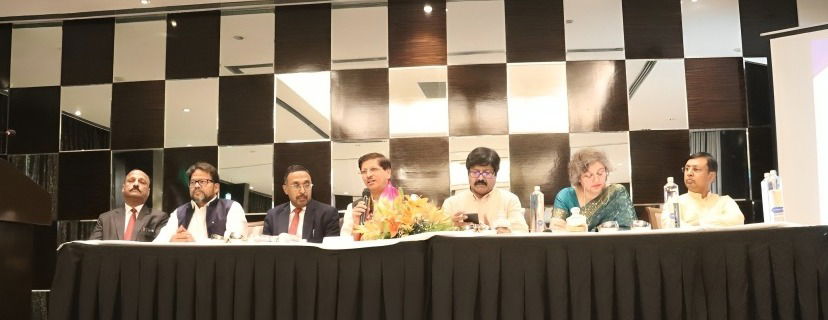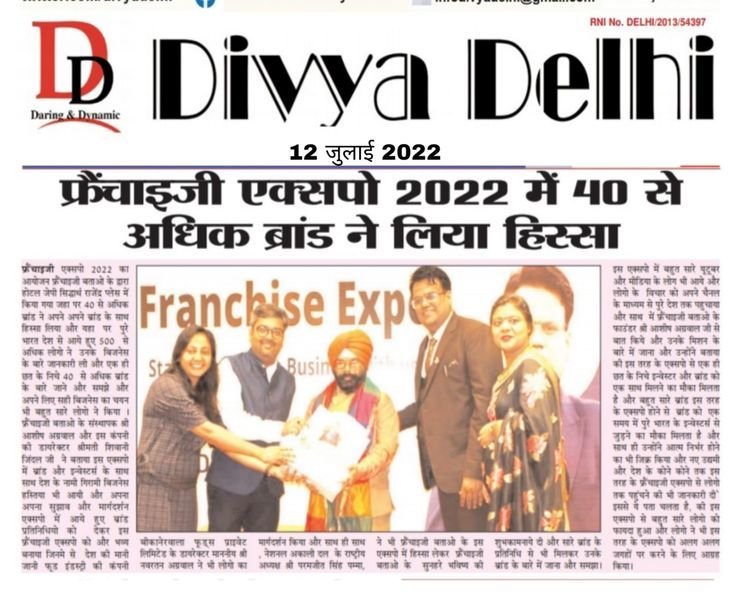
Divya Delhi: In support of Prime Minister Narendra Modi’s vision for a developed India by 2047, the CSR Research Foundation hosted an insightful seminar on ‘One Nation, One Election’ at program sponsor Hotel Radisson Blu, Paschim Vihar, New Delhi. The event brought together several distinguished speakers who emphasized that simultaneous elections are crucial for India’s holistic progress. Frequent polls were collectively identified as a major hindrance to consistent development. A heartfelt tribute was also paid to CA Neeraj Udhwani and others who lost their lives in the Pahalgam terror attack, marking an emotional moment during the event. In his keynote address, Chief Guest and BJP National General Secretary Sunil Bansal stressed the urgent need for change, stating that “frequent elections are a major obstacle to development.” He said that elections held almost every year between 1995 and 2025 had drained significant financial and human resources, paralyzed administrative functions for months, and delayed critical developmental projects. According to Bansal, adopting simultaneous elections would lead to political stability, boost the country’s GDP, reduce electoral expenses, and help combat terrorism and corruption. Vishnu Mittal, General Secretary of Delhi Pradesh, drew parallels with the successful abrogation of Article 370 under Prime Minister Modi’s leadership. He expressed confidence that 'One Nation, One Election' would soon become a reality, setting the stage for stronger economic growth and an uplifted stock market. Adding to the discussion, Advocate Aseem Gupta explained that implementing ‘One Nation, One Election’ would lead to better coordination between state and central governments. He further noted that the success of this mission could also address internal security threats such as Naxalism and terrorism, thereby contributing to a more secure nation. CA Charanjot Singh Nanda, President of the Institute of Chartered Accountants of India (ICAI), highlighted the importance of adhering to financial discipline to ensure the effective implementation of this ambitious mission. He spoke about the financial dos and don'ts that stakeholders must follow for the smooth execution of simultaneous elections. Dr. Harpreet Kaur, Principal of Mata Sundari College for Women addressed the specific challenges faced by rural areas. She expressed optimism that the success of the ‘One Nation, One Election’ initiative would bring about significant development in India's villages, bridging the urban-rural divide and fostering inclusive growth. Dr. Ajay Shanker Singh, Chief Controller of Accounts at the Ministry of Information & Broadcasting, shed light on the heavy financial burden of conducting multiple elections. He advocated for leveraging technology to make the electoral process more cost-effective and efficient, ensuring better utilization of national resources.
- Education(148)
- India(771)
- Entertainment(399)
- Sports(272)
- Business(226)
- Bollywood Hollywood(95)
- International(196)
- Life & Style(91)
- Opinion(139)
- Educational(5)
- Crime(7)
- Technical(6)
- World(18)


